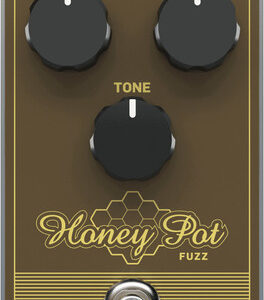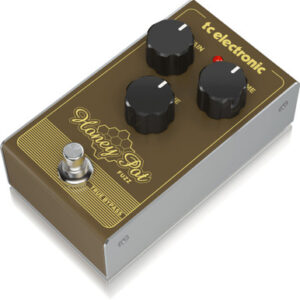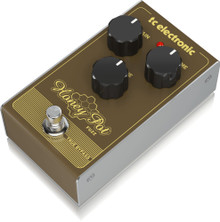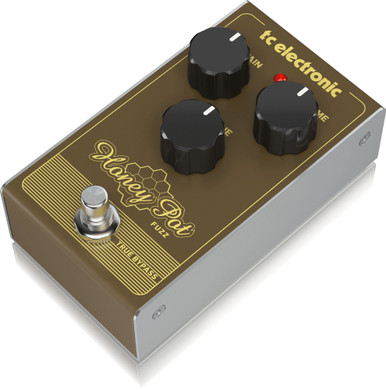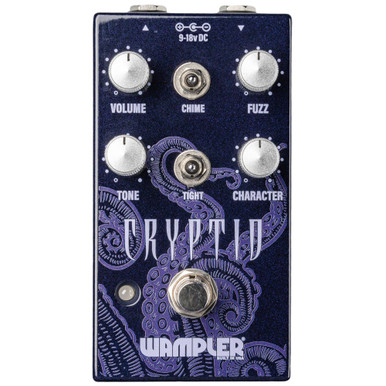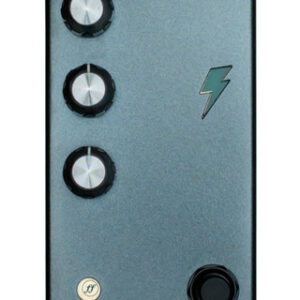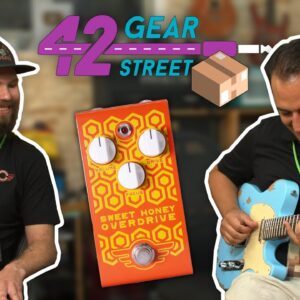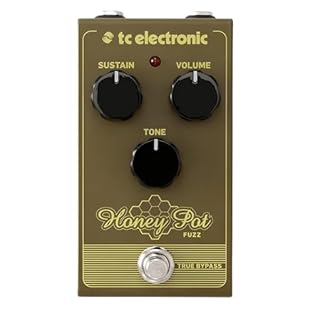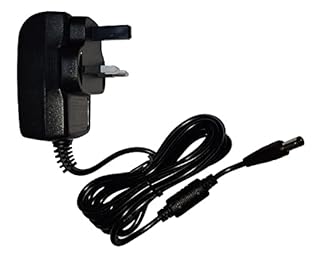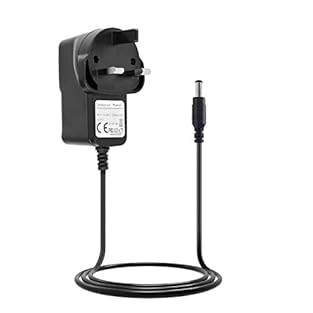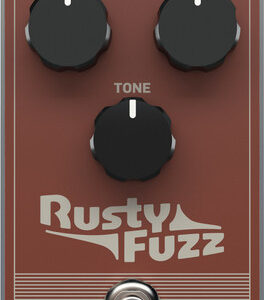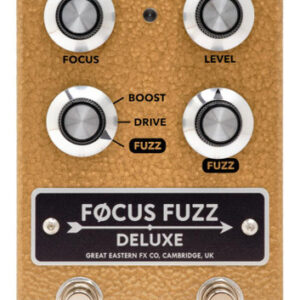Description
Fresh on the menu for 2026 are the TC Electronic Guitar Pedals, freshly added and carefully selected. These New units are available to order online with fast, secure delivery from trusted UK retailers. Read on for full details, specifications, demos, videos, reviews, and the best places to buy the TC Electronic Guitar Pedals today.
Honey Pot Fuzz is the kind of fuzz box that blurs the lines between fuzz and distortion in a most pleasing way. There’s plenty of volume on tap. It’s just begging for a loud tube amp to really open up and breathe.
The range of gain available in Honeypot Fuzz goes from a slightly gritty grind, almost like an overdrive, and all the way to massive walls of sticky honeycomb-structured distortion with seemingly endless sustain and a tone that’s fat and nasty but with thick, sweet highs.
Key Features
- Vintage Style Fuzz Pedal – This pedal covers a wide musical territory that spans all the way from The Black Keys and The White Stripes to 90’s alternative rock all the way up to the Dark Side Of The Moon with a beautiful creamy and vibrant sustain.
- Simple Interface – Dial in a massive range of tone with a simple interface of 3 control knobs to instantly dial in the punchiest fuzz.
Classic Fuzz Tones
HONEY POT FUZZ faithfully delivers the instantly recognizable distortion guitar sound found on iconic rock albums from the ‘70s onward. There’s no doubt you’ve heard it before: fat buzzing power chords with a life of their own; singing, violin-like lead lines; and tight, rich riffing that holds its own in any mix.
Sustain For Days
With only 3 knobs to master, HONEY POT FUZZ’ massive gain range provides tonal capabilities to extend from the semi-gritty grind of an overdrive pedal, all the way to ultra-thick walls of sticky honeycomb-structured distortion. The Sustain knob lets you dial in the exact amount for those epic solos where you can hang on a bended note for a few bars, or climb a wall of chunky power chords – while you’re building to a climactic finish!
Solid Build Quality
HONEY POT FUZZ’ metal chassis is built to last, so whether you’re working the club down the street, or promoting your latest release halfway around the world, you can always count on stunning performance. The top-mounted jacks make it ideal for the most compact pedal board, plus the true bypass design respects your tone – even when the pedal is off.
Specifications
- All-analog circuitry
- True Bypass
